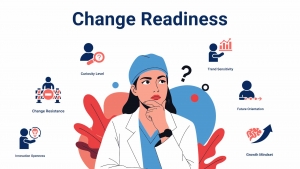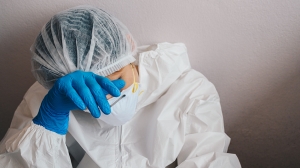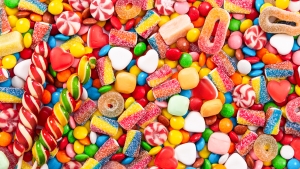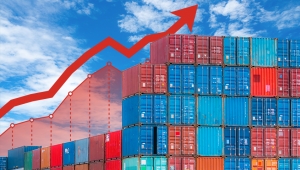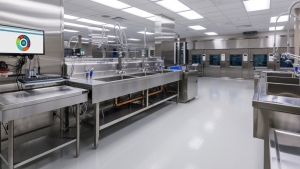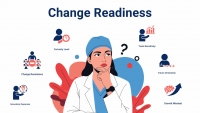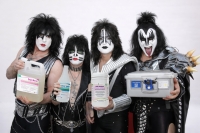Rethinking Sterile Processing
Healthcare no longer operates in yesterday’s world. The Industrial Revolution has given way to the Digital Revolution, transforming how we diagnose, treat, and operate. Minimally invasive procedures now rely on sophisticated endoscopes and robotic instruments — devices that demand meticulous, step-by-step reprocessing and strict adherence to IFUs to ensure safety, performance, and longevity.
Penny Wise and Pound Foolish
When budgets are tight, people sometimes look for quick fixes to save on immediate costs. Unfortunately, they will end up being sorry if what looks like a less expensive product costs more in the long run.
Assessment Tools Foster Best Practices
Last month, Case Medical had another ISO Audit. We have them approximately two times a year, and it keeps us on our toes. As an ISO 13485 certified medical device manufacturer and an ISO 27001 certified software developer, a scheduled ISO audit and assessment ensures that we follow best practices...
The Healthcare System Poly Crisis and How Case Medical Can Help
If you think we are living in a time dominated by a climate crisis, a migration crisis, or a healthcare delivery crisis, you're mistaken; we are facing a poly crisis, the simultaneous occurrence of several catastrophic events that are nearly impossible to solve.
Reducing the Chemical Footprint for Better Outcomes
Employee exposure to hazardous chemicals, such as pesticides, disinfectants, cleaners, and hazardous drugs, in the workplace creates a liability for the industry, including healthcare, with some healthcare organizations paying up to $10.5 billion.
Food Dyes Banned: What does this mean for Instrument Processing
We are going through a very perilous time while we are destroying our planet with the overuse of chemicals, pollution of our wastewater streams, and continuing climate change. It is up to all of us consumers, industry and healthcare professionals to work together to reduce waste and reduce the chemical footprint before it is too late.
How to Cut Costs in a Supply Chain Crisis
Most of us realize that while we may not be in a supply chain crisis or shock yet, nevertheless we are facing a supply chain dilemma. A supply chain shock is defined as an unexpected event that disrupts the flow of goods and services within a supply chain, like a flood which we’ve experienced, an unexpected move done that too, pandemic
AI Tools: How They Can Help SPD
There was a time when processing medical devices was simple. Paper count sheets were commonly used, stick on labels identified product and location, and documents could be kept in the supervisor’s office because processing these devices was intuitive.
Why are equipment manufacturers reducing the rinse?
Shorter cycles, less rinses have been discussed for some time at AAMI working groups and amongst healthcare professionals. Most agree that adequate contact time and rinsing is good practice for manual and automated processes. Detergents lift but rinsing removes the soil. Now manufacturers of new washer/disinfectors have gone even further by promoting cycles preset in their new machines which eliminate rinse steps and rinse times
Prepare for the next supply chain crisis
By now you are likely aware of the supply chain crisis, global warming, and the challenges of the post pandemic world. All that we need now is a UPS strike, the cherry on top of a not so pleasant cake. At Case Medical we share your concerns, and we’re here to help. As a manufacturer of medical devices and products for instrument processing, we know that if we don’t have the necessary...


